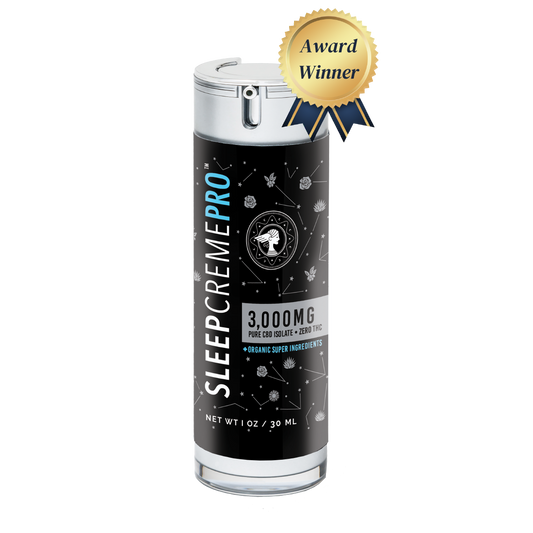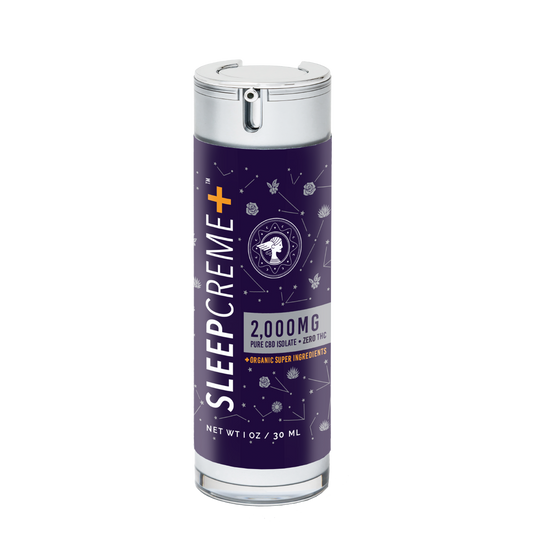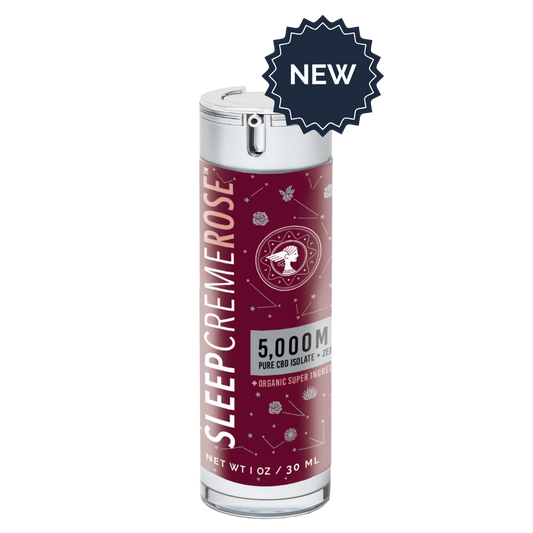SleepCreme Blog

Your Brain on Sleep: Rest and Emotional Balance
Struggling with mood, stress, or mental fog? Learn how sleep affects your emotional balance and discover simple habits that help you fall in love with sleep again.
Your Brain on Sleep: Rest and Emotional Balance
Struggling with mood, stress, or mental fog? Learn how sleep affects your emotional balance and discover simple habits that help you fall in love with sleep again.

Fall in Love with Sleep Again
February is the perfect time to rekindle your relationship with sleep. Discover the science behind natural sleep remedies, simple self-care habits, and calming routines that help you rest more deeply—night...
Fall in Love with Sleep Again
February is the perfect time to rekindle your relationship with sleep. Discover the science behind natural sleep remedies, simple self-care habits, and calming routines that help you rest more deeply—night...

Does Your Mattress Really Matter?
Is it your mattress, your room, or something deeper that’s affecting your sleep? This guide breaks down the external and internal factors that truly shape sleep quality — and why...
Does Your Mattress Really Matter?
Is it your mattress, your room, or something deeper that’s affecting your sleep? This guide breaks down the external and internal factors that truly shape sleep quality — and why...

Sleep in 2026: The Wellness Trends That Matter
Sleep in 2026 is about calm — not control.From sleep anxiety to smarter routines, discover the trends shaping rest this year and how to build a simple wind-down ritual that...
Sleep in 2026: The Wellness Trends That Matter
Sleep in 2026 is about calm — not control.From sleep anxiety to smarter routines, discover the trends shaping rest this year and how to build a simple wind-down ritual that...

Busting the Biggest Sleep Myths
Think you know sleep? Science says otherwise. We’re busting the most common—and most misleading—sleep myths so you can finally get the deep, natural rest your body deserves.
Busting the Biggest Sleep Myths
Think you know sleep? Science says otherwise. We’re busting the most common—and most misleading—sleep myths so you can finally get the deep, natural rest your body deserves.

Embracing Nature in a High-Tech Sleep World
AI is changing how we understand sleep—from apnea detection to brain-wave analysis. But real rest still begins in the body. Explore the newest sleep research and see how botanical SleepCreme...
Embracing Nature in a High-Tech Sleep World
AI is changing how we understand sleep—from apnea detection to brain-wave analysis. But real rest still begins in the body. Explore the newest sleep research and see how botanical SleepCreme...
Featured collection
-
SleepCreme PRO
5.0 / 5.0
(11) 11 total reviews
Regular price $79.95Regular price -
SleepCreme Plus
4.5 / 5.0
(2) 2 total reviews
Regular price $59.00Regular price -
Bulgarian Rose Scented SleepCreme 5K, 5000mg
Regular price $99.95Regular price



